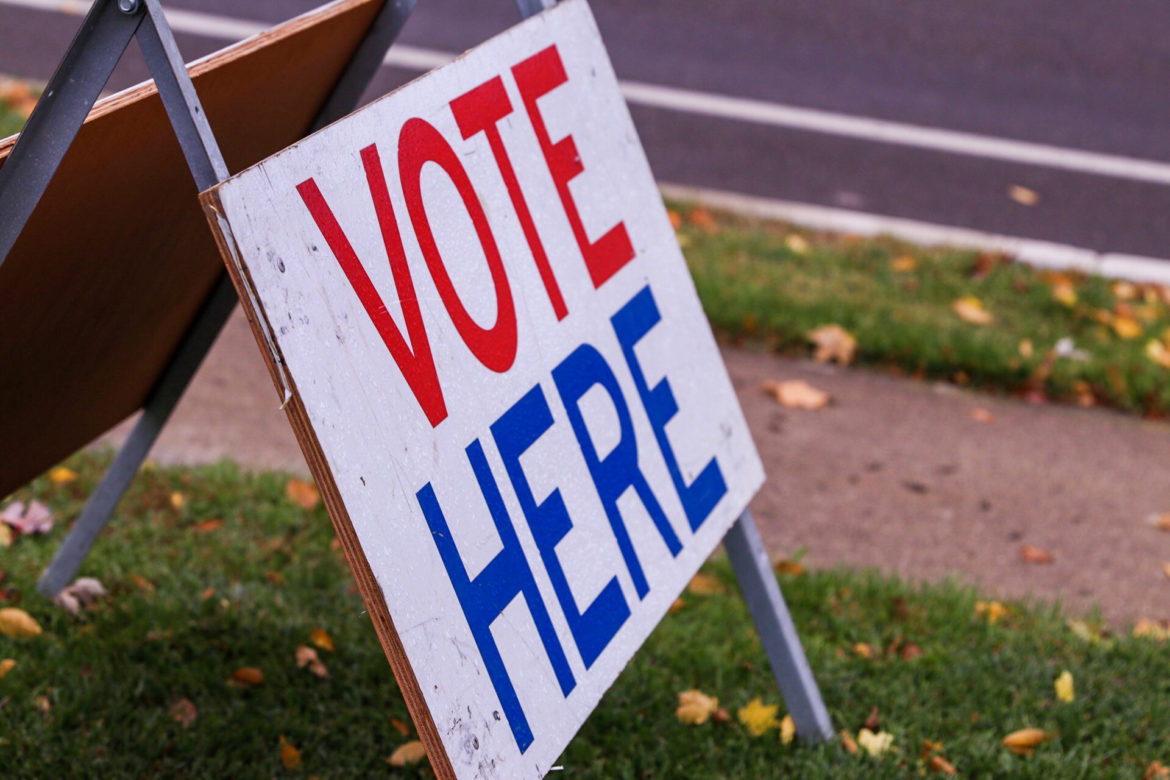LANSING, Mich – A series of public hearings in May and June will allow self-identified “communities of interest” to make their case for inclusion in the redrawing of district maps for federal and state elections.
The Michigan Independent Citizen Redistricting Commission was formed because of a constitutional amendment passed in Michigan’s 2018 general election. That amendment stated the commission would be made up of four citizens who self-identify as affiliating with the Democratic party, four citizens identifying with the Republican Party and five citizens who affiliate with neither.
The goal of the commission is to prevent the political party in power from creating districts that keep them in power, something known as gerrymandering.
Communities of interest are a new addition to the redistricting process in Michigan. They are defined in the amendment as populations sharing cultural or historical characteristics, or economic interests.
The idea is to keep communities with similar, non-political interests together in one election district, rather than have them divided up, said Margaret Leary, a lawyer working with the League of Women Voters.
While there is no limit placed on the size of a community of interest, they must be geographically contiguous and their interests must be likely to be affected by legislation, such as a community of farmers or an area with a large immigrant population.
By not separating groups of similar interests, they will be better able to advocate for themselves in their respective districts than if they were separated into two or three other districts.
A major hurdle facing the redistricting commission and communities themselves is the novel nature of communities of interest. Many groups that may comprise a community of interest don’t know how important they are to the commission, Leary said.
The League of Women Voters is reaching out to communities throughout Michigan in an effort to identify potential communities of interest and educate them about their importance to the commission and how they can offer effective testimony.
One of the issues facing the commission regarding communities of interest is identifying whether a community of interest actually has a shared interest and isn’t just a politically affiliated group working to gerrymander under a different name.
That is where the testimony comes in. Representatives of communities of interest will have to demonstrate the what and why of their community as well as who they spoke to and who they’re trying to represent, said M.C. Rothhorn, a commissioner on the Michigan Independent Citizens Redistricting Commission.
The public hearings hosted by the commission will begin May 11 in Jackson and move throughout the state. The commission has yet to announce the times and venues for the hearings. Currently, the commission meetings are being held exclusively via Zoom.
Redistricting commissions are relatively uncommon throughout the country, with only seven states using commissions to draw district maps for both the state legislative and congressional districts, according to Ballotpedia.
The amendment provided six guidelines in addition to the consideration of communities of interest for commissioners. New election district maps must follow relevant federal laws, be reasonably compact and contiguous, not provide political parties with advantages, neither favor nor disfavor incumbents and consider city, county, and township boundaries, according to the Michigan constitution Article 4, Section 6.
Communities of interest are somewhat more common throughout the country, with around 24 states involving communities of interest in their redistricting process in some way, although exact definitions change, according to Ballotpedia.
The League of Women Voters is hosting its own town halls throughout the state to educate communities. The next town hall will be held virtually in Dearborn Heights April 22, at 7 p.m.
Michigan is one of the most gerrymandered states in America, Leary said.
“Now, because the voters approved this commission in 2018, we will never have another gerrymandered Legislature,” Leary said. “The Legislature’s chance to draw the election district lines has ended.”
